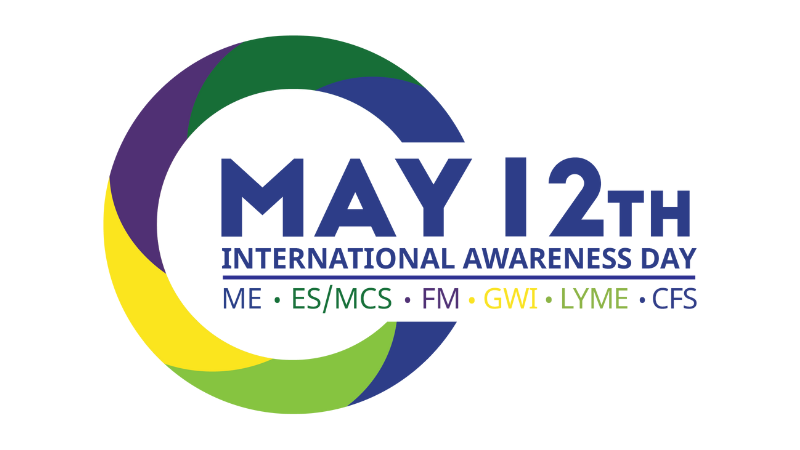Recently, the Australian Healthcare and Hospitals Association produced the report, Rheumatology nurses: adding value to arthritis care which was commissioned by Arthritis Australia. The aim of the report was to assess the current and potential role, scope of activities, and value of rheumatology nurses in Australia.
Of the 3.5 million Australians living with some form of arthritis, 1.7 million live with inflammatory or auto-immune forms of arthritis. These conditions include rheumatoid arthritis, ankylosing spondylitis, psoriatic arthritis, gout, systemic lupus erythematosus and juvenile idiopathic arthritis. These forms of arthritis typically require specialist management. Many of these people could benefit from having access to rheumatology nursing care. However, it is estimated there are only around 39 full-time equivalent (FTE) rheumatology nurses in Australia and only 2 nurse practitioners (a role that requires a higher level of training).
Some of the reasons cited in the report for the lack of rheumatology nurses include:
- A severe lack of funding in both the public and private health systems to provide permanent roles for rheumatology nurses or nurse practitioners.
- No Medical Benefits Scheme (MBS) funding for nurses working in a secondary (specialist) care environment.
- A lack of standardisation and recognition of these roles.
- Limited training and advancement pathways for nurses wanting to work in these roles.
- A general lack of understanding of the complex needs of those with inflammatory arthritis and the benefits they can gain from multi-disciplinary care.
The role of a rheumatology nurse
Although rheumatology nurses are not yet common in Australia, they are utilised widely in many international clinics and their inclusion as part of a care team is considered best practice. The studies reviewed in the report showed that there was no difference in quality of care between clinics that utilised rheumatology nurses and those that did not.
Rheumatology nurses can support patient care by providing:
- Education for the patient: Including knowledge of their condition, the treatment options available, and how to self-manage their health.
- Mental and emotional health support: Listening to the patient’s worries regarding changes in their ability to perform everyday activities.
- Identifying more complex psychosocial issues to minimise the chance of anxiety or depression. Referral to mental health services if needed.
- Comprehensive disease management: Detecting early arthritis, making referrals, determining necessary interventions, disease and medication monitoring and changing medications with the aims of controlling disease activity, reducing symptoms and improving patient-preferred outcomes.
- Continuity of care: Providing additional care pathways such as nurse-led telephone, email, and online services in between specialist visits.
The report found that many of the rheumatologists surveyed could foresee other roles for rheumatology nurses such as pharmacotherapy monitoring and counselling, assisting with joint aspirations, teaching and training other health professionals, and assisting with clinical trials.
Benefits rheumatology nurses can provide
One of the biggest benefits of having trained nurses in rheumatology clinics is that by triaging patients before they see a rheumatologist they can significantly reduce the wait time for diagnosis and treatment. In rheumatoid arthritis, in particular, 75% of joint erosions occur within the first two years of the disease onset. Delays in diagnosis and initiation of therapy are likely to result in an avoidable burden of disease and disability. The longer the delay in treatment, the higher the risk of the long-term condition severity.
Delays in treatment also mean that there is likely to be an increased long-term cost to the healthcare system per person. In 2015, arthritis costs our health system $5.5 billion with around half of this cost attributed to inflammatory arthritis. This figure is expected to rise to $7.6 billion by 2030. Increased welfare costs and lost tax revenue from arthritis patients will also have a significant effect on the national economy.
Due to the increasing prevalence of arthritic conditions in Australia, along with an aging workforce and limited rheumatologist training positions, the current shortage of rheumatologists is expected to worsen. However, rheumatology nurses can limit the effect of this shortage by providing early access to assessment and care. According to the report, in the UK, nurse-led early arthritis clinics were found to reduce the time between symptom onset and first rheumatologist assessment for people with inflammatory arthritis from 16 weeks to three weeks, as well as the time between symptom onset and the initiation of appropriate therapy.
Patients with low disease activity could be monitored by a rheumatology nurse, freeing up time for specialists to see more critical patients earlier. Also, nurse-led monitoring and telephone helplines could reduce the number of unnecessary doctor consultations and unscheduled hospital admissions.
Report recommendations
Based on all the findings and conclusions, the Rheumatology Nurses Report made the following recommendations:
- Define and recognise the rheumatology nurse role.
- Support the introduction and optimisation of models of care including rheumatology nurses in public hospitals.
- Support the development of models of care including rheumatology nurses in the private sector.
- Support the introduction and optimisation of models of care with rheumatology nurse practitioners.
The Arthritis Australia Facebook page reported that at the launch of the Rheumatology Nurses Report in Canberra on 17 October 2017, The Hon Greg Hunt MP Minister for Health & Minister for Sport committed to a national arthritis strategy.1
Arthritis Australia now call on the Federal, State and Territory governments to provide dedicated funding to train and employ more rheumatology nurses.2
What can you do?
You can access the full report on the Arthritis Australia website and read the recommendations in more detail. Share the report link with your health care providers, your local politicians, and anyone else you can think of that may be able to further this cause in some way.
1. Arthritis Australia: Facebook page
2. Arthritis Australia: Rheumatology Nurses Report media release




